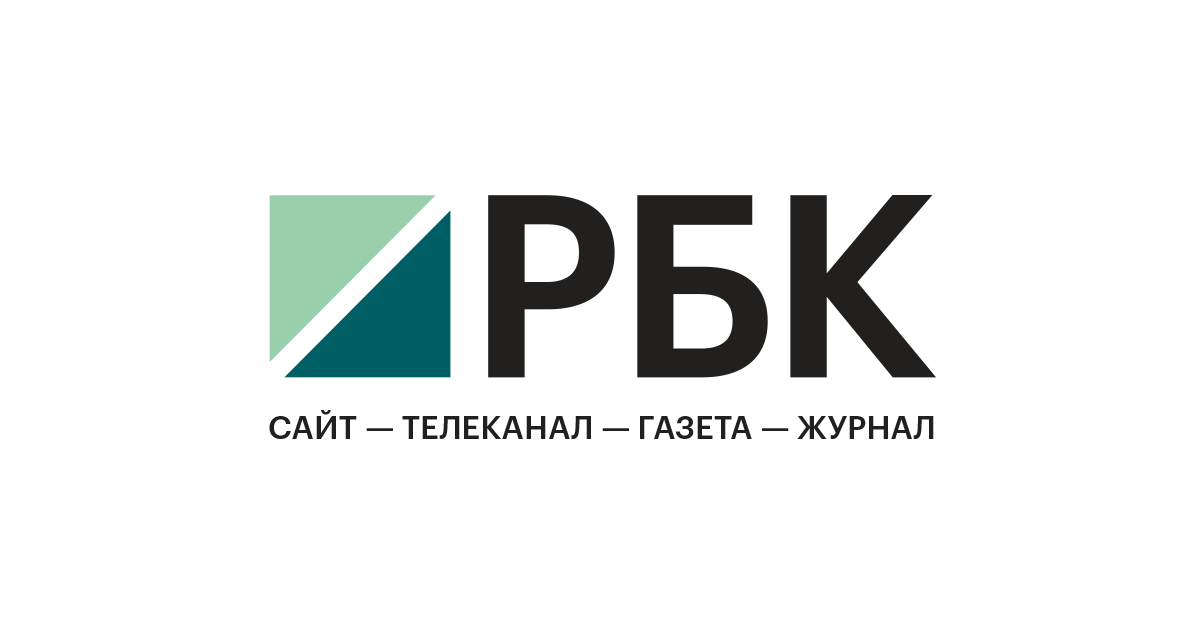YouTube's Tug-of-War in Russia: A Battle for Access and Fairness
September 21, 2024, 4:53 am

Location: United States, California, San Bruno
Employees: 10001+
Founded date: 2005
Total raised: $101.45M
Google
Location: United States, New York
In the vast digital landscape, YouTube stands as a giant. It’s a platform where creativity flourishes and information flows. But in Russia, this flow has hit a dam. Users have reported that YouTube is now accessible without throttling by some internet providers. This unexpected shift raises questions about the underlying currents of internet regulation in the country.
On September 20, 2024, reports surfaced that YouTube was functioning normally for some users in Russia. This came after a period of significant disruption. The service had faced severe throttling, leading to a frustrating experience for many. The situation is complex, with access varying by provider and region. It’s a patchwork of connectivity, where some users enjoy smooth streaming while others struggle.
The Russian telecommunications landscape is a battleground. The association "Ростелесеть," representing over 200 regional internet providers, has raised alarms. They filed a complaint with the Federal Antimonopoly Service (FAS), alleging that the throttling of YouTube constitutes a violation of competition laws. They argue that the uneven treatment of internet services creates a discriminatory environment. In their view, this not only hampers fair competition but also undermines the principles of a free market.
The throttling issue began to escalate in early August 2024. Reports indicated that YouTube’s performance plummeted, with speeds dropping dramatically. Users expressed their frustration, leading to a surge in complaints directed at their internet providers. Many began to switch to alternative providers, seeking better service. This shift highlights the power of consumer choice in a competitive market.
The FAS is now tasked with investigating these claims. They have a month to review the complaint, with the possibility of extending the investigation. The stakes are high. If the FAS finds merit in the complaint, it could lead to significant changes in how internet services are regulated in Russia. The association argues that the throttling is not just a technical issue but a deliberate act of manipulation by authorities.
At the heart of this issue lies the role of the Main Radio Frequency Center (ГРЧЦ), a body under the auspices of Roskomnadzor. The ГРЧЦ has been accused of implementing measures that restrict access to YouTube without proper legal justification. The association contends that such actions violate the principles of free access to information, as enshrined in the Russian Constitution.
The legal framework surrounding internet regulation in Russia is murky. While the Constitution guarantees freedom of thought and expression, the reality is often different. The government has broad powers to control and restrict access to information. This creates a paradox where citizens are promised freedom, yet face significant barriers in accessing that freedom.
The complaint filed by "Ростелесеть" underscores the tension between regulatory bodies and internet service providers. The association argues that the current situation creates an uneven playing field. Some providers are better equipped to handle the throttling, while others struggle. This disparity can lead to a concentration of power among a few dominant players, stifling competition and innovation.
As the investigation unfolds, the implications for users are profound. Many have turned to VPN services to bypass restrictions, seeking a way to reclaim their access to information. This trend reflects a growing discontent with the status quo. Users are not just passive consumers; they are active participants in the digital landscape, demanding better service and greater transparency.
The throttling of YouTube is not an isolated incident. It is part of a broader narrative about internet freedom in Russia. The government’s approach to regulating online content raises critical questions about censorship and control. While some argue that such measures are necessary to protect society from harmful information, others see them as a means of suppressing dissent and limiting access to diverse viewpoints.
In this tug-of-war between access and regulation, the future of YouTube in Russia hangs in the balance. The outcome of the FAS investigation could set a precedent for how internet services are managed in the country. Will the authorities continue to impose restrictions, or will they recognize the importance of a free and open internet?
As users navigate this uncertain terrain, one thing is clear: the battle for digital rights is far from over. The voices of consumers, providers, and regulators will shape the future of internet access in Russia. In a world where information is power, the stakes are high. The outcome will determine not just the fate of YouTube, but the broader landscape of digital freedom in the country.
In conclusion, the situation surrounding YouTube in Russia is a microcosm of the global struggle for internet freedom. It highlights the complexities of regulation, competition, and consumer rights. As the investigation progresses, all eyes will be on the FAS and the decisions they make. The digital realm is a dynamic space, and the fight for access continues. The future remains unwritten, but the desire for fairness and transparency is a powerful force that cannot be ignored.
On September 20, 2024, reports surfaced that YouTube was functioning normally for some users in Russia. This came after a period of significant disruption. The service had faced severe throttling, leading to a frustrating experience for many. The situation is complex, with access varying by provider and region. It’s a patchwork of connectivity, where some users enjoy smooth streaming while others struggle.
The Russian telecommunications landscape is a battleground. The association "Ростелесеть," representing over 200 regional internet providers, has raised alarms. They filed a complaint with the Federal Antimonopoly Service (FAS), alleging that the throttling of YouTube constitutes a violation of competition laws. They argue that the uneven treatment of internet services creates a discriminatory environment. In their view, this not only hampers fair competition but also undermines the principles of a free market.
The throttling issue began to escalate in early August 2024. Reports indicated that YouTube’s performance plummeted, with speeds dropping dramatically. Users expressed their frustration, leading to a surge in complaints directed at their internet providers. Many began to switch to alternative providers, seeking better service. This shift highlights the power of consumer choice in a competitive market.
The FAS is now tasked with investigating these claims. They have a month to review the complaint, with the possibility of extending the investigation. The stakes are high. If the FAS finds merit in the complaint, it could lead to significant changes in how internet services are regulated in Russia. The association argues that the throttling is not just a technical issue but a deliberate act of manipulation by authorities.
At the heart of this issue lies the role of the Main Radio Frequency Center (ГРЧЦ), a body under the auspices of Roskomnadzor. The ГРЧЦ has been accused of implementing measures that restrict access to YouTube without proper legal justification. The association contends that such actions violate the principles of free access to information, as enshrined in the Russian Constitution.
The legal framework surrounding internet regulation in Russia is murky. While the Constitution guarantees freedom of thought and expression, the reality is often different. The government has broad powers to control and restrict access to information. This creates a paradox where citizens are promised freedom, yet face significant barriers in accessing that freedom.
The complaint filed by "Ростелесеть" underscores the tension between regulatory bodies and internet service providers. The association argues that the current situation creates an uneven playing field. Some providers are better equipped to handle the throttling, while others struggle. This disparity can lead to a concentration of power among a few dominant players, stifling competition and innovation.
As the investigation unfolds, the implications for users are profound. Many have turned to VPN services to bypass restrictions, seeking a way to reclaim their access to information. This trend reflects a growing discontent with the status quo. Users are not just passive consumers; they are active participants in the digital landscape, demanding better service and greater transparency.
The throttling of YouTube is not an isolated incident. It is part of a broader narrative about internet freedom in Russia. The government’s approach to regulating online content raises critical questions about censorship and control. While some argue that such measures are necessary to protect society from harmful information, others see them as a means of suppressing dissent and limiting access to diverse viewpoints.
In this tug-of-war between access and regulation, the future of YouTube in Russia hangs in the balance. The outcome of the FAS investigation could set a precedent for how internet services are managed in the country. Will the authorities continue to impose restrictions, or will they recognize the importance of a free and open internet?
As users navigate this uncertain terrain, one thing is clear: the battle for digital rights is far from over. The voices of consumers, providers, and regulators will shape the future of internet access in Russia. In a world where information is power, the stakes are high. The outcome will determine not just the fate of YouTube, but the broader landscape of digital freedom in the country.
In conclusion, the situation surrounding YouTube in Russia is a microcosm of the global struggle for internet freedom. It highlights the complexities of regulation, competition, and consumer rights. As the investigation progresses, all eyes will be on the FAS and the decisions they make. The digital realm is a dynamic space, and the fight for access continues. The future remains unwritten, but the desire for fairness and transparency is a powerful force that cannot be ignored.

